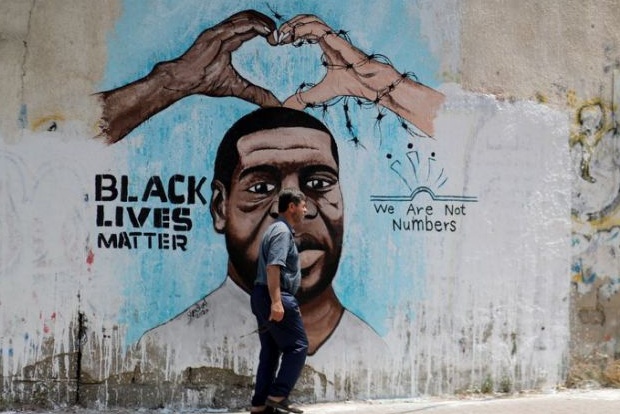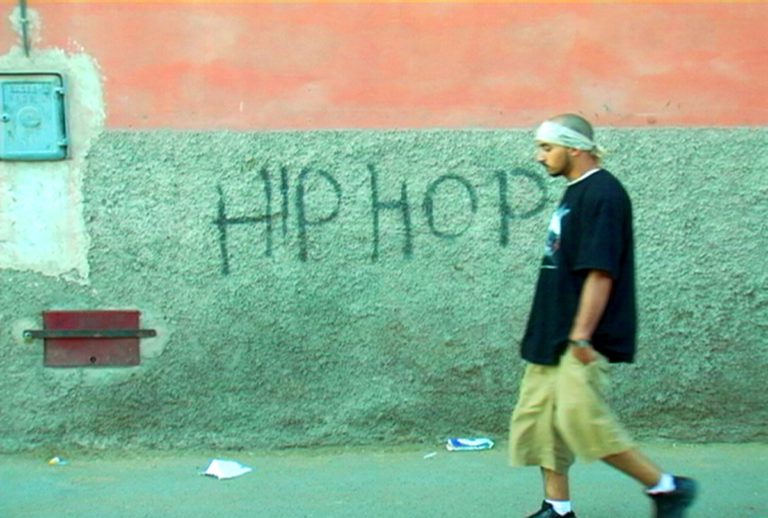In a well-known formulation, Vijay Prashad wrote that, “The Third World was not a place. It was a project.” This forum feels out ways to understand and remember the Third World project as a collective horizon of freedom enacted by ordinary people in their daily lives. Beyond the political leadership of the iconic leadership of Third World state leaders and the foundational conferences they convened, we seek to explore how the Third World was lived and imagined. We do so as an invitation to fellow teachers and students to deepen collective imagining through a twin process of learning and unlearning. Formulated as a practice of Third Worlding, this invitation is a proposal to make historical precedents familiar and make progressive visions of intersectional, anti-racist, decolonial struggle strange. It seeks out other ways of calling comrades into political practices by exploring the ways in which Third World subjects imagined and related to each other. In this introduction, we lay out what Third Worlding might offer as a tool for reorientation in the political present.
Articles by Rayya El Zein
Rayya El Zein is Director of Partnerships at Code for Science & Society, a US based tech non profit. Her professional research and writing in this capacity focuses on the politics of open source and open science, the legacies of cyberlibertarianism, and the politics of decentralization. She holds a PhD in Theatre and Performance from the City University of New York. Her research for over a decade concerned the politics of listening and interpellation in Arabic hip hop and rap and neighboring musical and political subcultures. She held research and teaching positions at the University of Pennsylvania and Wesleyan University. Across her work, Rayya is interested in how subcultural participants relate to change and define political processes. She lives in Philadelphia and tweets occasionally from @rayelz.
Introduction: Cultural Constructions of Race and Racism in the Middle East and North Africa / Southwest Asia and North Africa
In recent years, scholars in the fields of cultural studies, American studies, history, ethnic studies, and Middle East area studies have approached questions of race and racism in this geographic region with renewed critical vigor. Recent work deconstructing anti-Arab racism and Islamophobia in the Americas and Europe has put these patterns of discrimination into intersectional conversation with anti-Black and anti-Indigenous racism. New historical efforts have drawn attention to the legacies of slavery in the Ottoman, Persian, and Arab Empires, working to understand how forms of racialization and racial hierarchization predated and were exacerbated by the arrival of European imperial forces. At the same time, activists in the region draw attention to prevailing racism against migrant laborers, marginalized indigenous populations, and others as the afterlives of colonialism, war, austerity, and revolution carry on. Together, this academic and activist work asks for attention by leaders, community members, and scholars of this region to the particularities of racecraft in the region: How are “Blackness” and “whiteness” constructed in the Arabic, Hebrew, Persian, and Turkish speaking worlds? What are the obstacles to discussing and identifying race particular to the histories of this region, its peoples, and its histories? This forum uses close readings of popular culture and political discourse across the Middle East and North Africa / Southwest Asia and North Africa (MENA/SWANA) in pursuit of these questions and others.
From ‘Hip Hop Revolutionaries’ to ‘Terrorist-Thugs’: ‘Blackwashing’ between the Arab Spring and the War on Terror
Rayya El Zein takes up a global analysis of how ideas of blackness, whiteness, and Arabness circulate in post-9/11 media accounts and argues that these concepts work to mediate Western understanding of politics in the Arab world. El Zein unpacks the paradox by which blackwashing is differentially deployed to mark certain Arab subjects as a “good rapper” or a “bad rapper,” and how both of these valences serve to expand neoliberal orientalism through the political familiarity promised by blackness. As an alternative, El Zein suggests attention to the material, historical, and geographic specificities of the power struggles that structure racial capitalism, classism, and racism, especially and essential because of their potential international unrecognizability.


